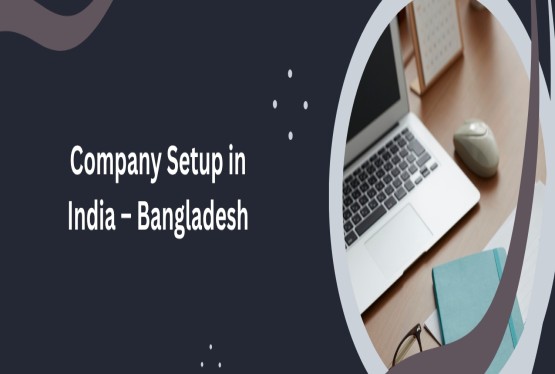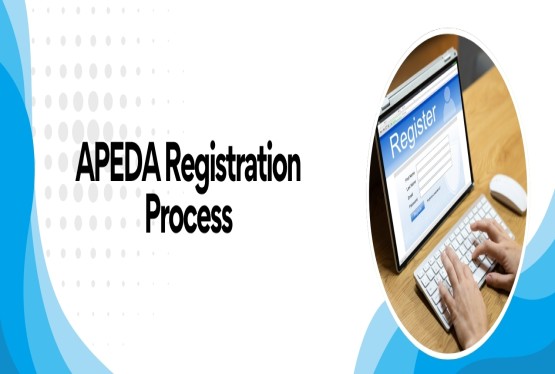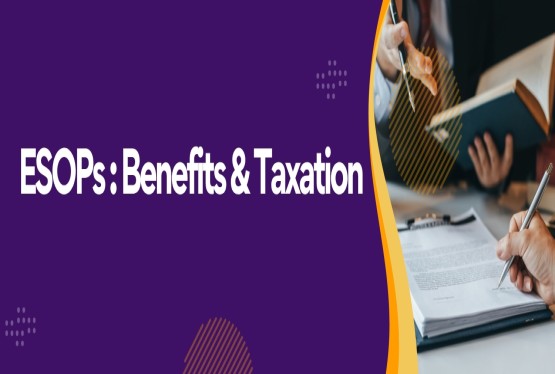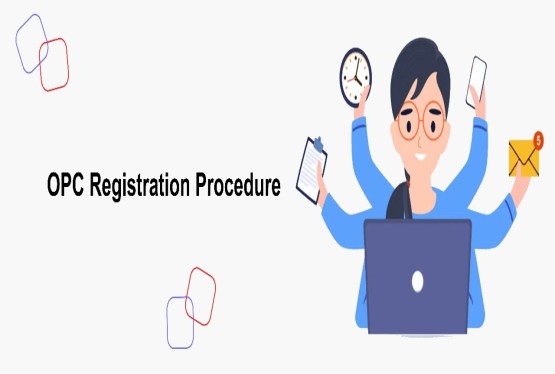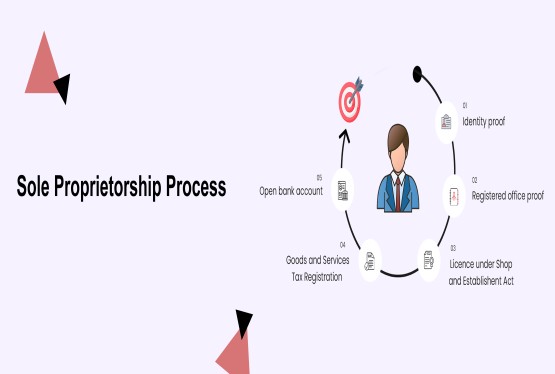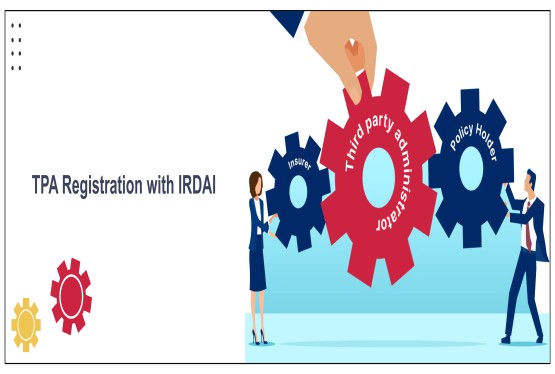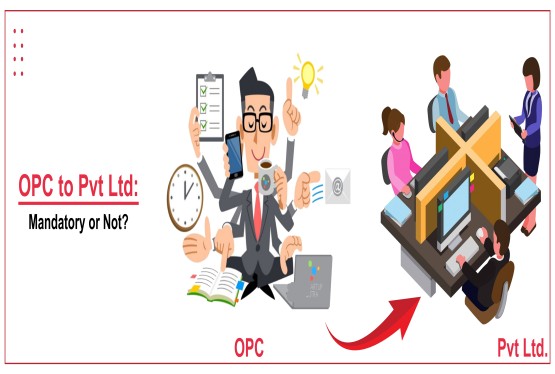OPC full form is One Person Company, it refers to a type of business entity that can be incorporated, owned, and managed by a single individual. This concept was introduced under the Companies Act, 2013, to promote entrepreneurship and encourage the formalization of businesses, particularly among small and medium-sized enterprises (SMEs). Before the introduction of One Person Company, business owners who operated as sole proprietors had to bear unlimited liability, which posed a significant risk to their personal assets. With the introduction of the One Person Company (OPC) structure, a single individual can now enjoy the benefits of a company such as limited liability, legal recognition, and continuity while maintaining complete control over the business.
An OPC is essentially a hybrid between a Sole Proprietorship and a Private Limited Company. It provides the flexibility and control that comes with being the sole owner, while also granting the protections and advantages associated with a corporate structure. As a separate legal entity, the OPC is distinct from its owner, meaning that the company's liabilities do not affect the individual's personal assets. Additionally, OPCs enjoy perpetual succession, meaning the company continues to exist even in the event of the owner’s death or incapacity, ensuring the business's continuity.
Features of a One Person Company (OPC)
1. Section 3(1)(c) of the Companies Act states that a single person may incorporate a company for any lawful purpose. It also defines OPCs as private companies.
2. OPCs can only have one member or shareholder.
3. A characteristic of OPCs different from other types of corporations is that the one person company must specify a nominee when registering the company.
There is no concept perpetual succession because there is only one member in an One Person Company (OPC), and his death will state the nominee in deciding whether or not to become its sole member. This does not occur in other companies since they follow perpetual succession
4. OPCs should comply with having atleast one member serving as a director. They can have up to 15 directors.
5. There is no minimum paid-up share capital for OPCs under the Companies Act, 2013.
Benefits of One Person Company (OPC) in India
1. Limited Liability Protection: The owner’s personal assets are protected from the liabilities of the company, unlike in a sole proprietorship where the owner is personally liable for all debts.
2. Separate Legal Entity: A One Person Company (OPC) is treated as a separate entity from its owner, which allows it to enter into contracts, own property, and carry on business in its name.
3. Perpetual Succession: The company continues to exist even after the death or incapacity of the owner, ensuring business continuity.
4. Ease of Management: As a single-owner company, the management and decision-making processes are streamlined, providing the entrepreneur with full control over operations.
5. Corporate Recognition: OPCs enjoy a corporate status that enhances the company’s credibility and makes it easier to obtain financing or enter into formal contracts.
Disadvantages of One Person Company (OPC)
One Person Companies face the drawback of limited resources, which prevents them from taking on greater projects. These include increased earning potential, greater flexibility, and the elimination of the need to report to anyone. In many circumstances, individuals have the opportunity to select their own rates and services, allowing them to optimize their earning potential.
Furthermore, one-person enterprises have lower overhead costs than larger businesses, which means that more revenues flow directly to the entrepreneur. Finally, one-person businesses give individuals the freedom and control to pursue their own projects or professional objectives.
As a result, small enterprises frequently struggle to compete with larger, more established businesses in terms of cost, experience, and availability. Next, while personal corporations may have some disadvantages as compared to larger entities, they can nonetheless provide considerable benefits. This might include a cheaper cost base and simplified decision-making, as well as flexible working hours, a greater sense of autonomy, and the possibility of earning more than if they worked somewhere else.
Restrictions of a One Person Company (OPC)
Raising Capital
Raising capital is a tough in an OPC because a One Person Company (OPC) can only have one shareholder, money cannot be raised through the issuance of convertible debentures or shares until it converts to a public or private limited business. One person's company may only raise capital through loans or non-convertible debentures. There may be certain structuring possibilities for employee stock options requiring compulsory OPC conversion, but these options should be carefully explored.
Compliances
An OPC, like any other company, must adhere to numerous legal requirements, such as filing yearly returns, maintaining books of accounts, holding board meetings, and so on. This might be time-consuming and may necessitate the assistance of an expert.
Nominee Need
An OPC requires the member to appoint a nominee to take over the company's business in the event of the member's death or incapacity. This can be a drawback if the member wants to retain entire control over the company. As because of this OPC does not follow the concept of perpetual succession.
Limited Name Prospects
An OPC must include the words "One Person Company" in its name, which may limit the business's name options as it is one of the compliances they OPC have to follow.
Conclusion
OPCs are companies that can be founded with only one member, granting the individual limited responsibility and independent legal entity status. The procedure of incorporating an OPC is simple and can be completed online through the Ministry of Corporate Affairs (MCA) portal. However, an OPC must follow many legal procedures and has restricted funding alternatives, nominee criteria, and name options. Therefore, it is vital to examine the downsides of an OPC before opting to adopt it.
FAQs
Q1. What is a One-Person Company (OPC)?
Ans. A One-Person Company (OPC) is a form of company specified under Section 2(62) of the Companies Act of 2013, in which a single individual serves as the sole member and shareholder. In contrast to sole proprietorships, it is a private business created to provide the benefits of limited liability and an autonomous legal entity.
Q2. Who should consider starting an OPC?
Ans. OPCs are appropriate for sole proprietors or small business owners who seek the advantages of restricted liability and a company's legal structure without involving additional shareholders. It is especially advantageous for start-ups or professionals who want to manage their firm autonomously while facing less compliance requirements than larger corporations.
Q3. What restrictions does an OPC face when raising funds?
Ans. OPCs cannot obtain capital by issuing equity shares or convertible debentures because they are restricted to a single shareholder. They can only raise funds via loans or non-convertible debentures. To raise equity or provide employee stock options, an OPC must become a private or public limited company.
Q4. What is the role of a nominee in an OPC?
Ans. A nominee must be nominated during the registration of an OPC to take over the company's operations in the event of the member's death or incapacity. This provides continuity, but the nominee must decide whether to accept the position as only member. This criterion may limit the original member's entire control in some circumstances.
Q5. What are the OPC's compliance requirements?
Ans. An OPC, like any other company, must adhere with a number of legal requirements, including filing yearly returns, keeping books of account, having board meetings, and complying to tax and regulatory obligations. These compliances can be time-consuming and may necessitate professional help.

_learn_crop6_thumb.jpeg)










_crop10_thumb.jpg)





_crop10_thumb.jpg)




























-Form_crop10_thumb.jpg)

_crop10_thumb.jpg)























































_crop10_thumb.jpg)

_crop10_thumb.jpg)





















_crop10_thumb.jpg)















_for_Foreign_Directors_learn_crop10_thumb.jpeg)




_Act,_2015_learn_crop10_thumb.jpg)
































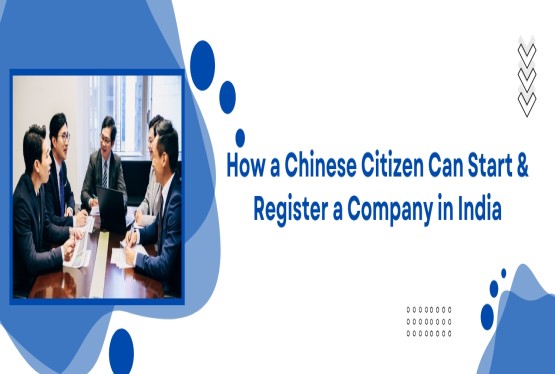
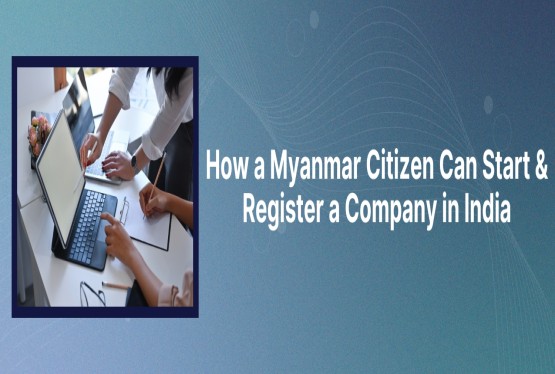

_learn_crop10_thumb.jpg)
